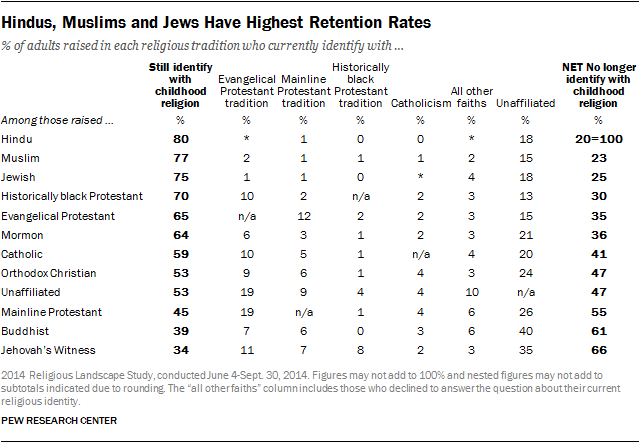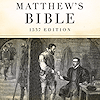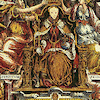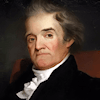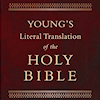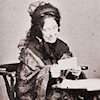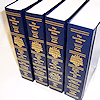Modern versions don’t have Lord in this verse because it’s not in the critical Greek text based on the earliest manuscripts
SLIMNBOYFAT: I listed several modern versions that have it. Millions of Christians do not accept the authority of Vaticanus and Sinaiticus because of reasons previously mentioned, like redactions, write-overs, missingng text and the thousands of times they disagree with each other. Because of this, millions of Christians are more comfortable with the majority text, or the text thst has been handed down to us through the centuries.
There are 5800 NT manuscripts. Only about 10% seem to possibly agree with Vaticanus and Sinaiticus. 90 % agree with the Majority Text, which manuscrips enjoy near total agreement between each other.
As a Unitarian, do you believe quotes from disciples that the apostles trained have any bearing on bible readings you dispute? For instance :
And without controversy great is the mystery of godliness: God was manifest in the flesh, justified in the Spirit, seen of angels, preached unto the Gentiles, believed on in the world, received up into glory. - 1 Timothy 3: 16
The "Critical Text" reads "He" in place of "God"
But the early Christians all quoted this verse as "God was manifest in the flesh".
1 Timothy 3:16 as cited by Church Fathers
- John William Burgon (1813 - 1888)
- The Greek text
- Ignatius (ca 50 - between 98 and 117
- Dionysius of Alexandria (ca. 190 - 265 AD)
- Didymus of Alexandria or Didymus the Blind (c. 309/314 - 398)
- Diodorus of Tarsus (- 392)
- Gregory of Nazianzus (c 325 - 389)
- Gregory of Nyssa (c 335 – probably 395)
- John Chrysostom (c. 347 - 407)
- Cyril of Alexandria (c. 376 - 444)
- Theodoret of Cyrus (c. 393 – c. 460)
- Unknown author (430)
- Unknown author, 5th century
- Euthalius (5th century)
- Conclusion
So, as a Unitarian, would you allow such evidence to be considered? Or does your belief in Unitarianism cause you to reject the testimony of the earliest Christians?
